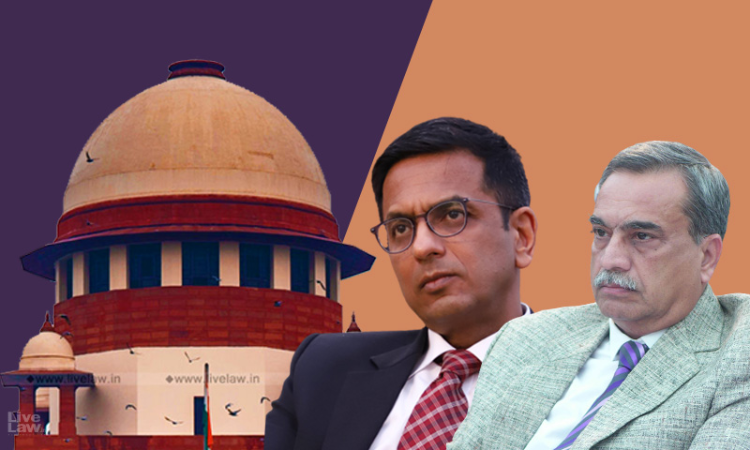The Supreme Court has agreed to consider whether Central Civil Services (Leave) Rules, 1972 can be interpreted in a way to include even the step-children of a woman to deny her the benefit of maternity leaves or can only the biological child can be considered for the purpose of grant of maternity leave. The bench of Justices DY Chandrachud and M.R Shah was considering an SLP arising out of...

